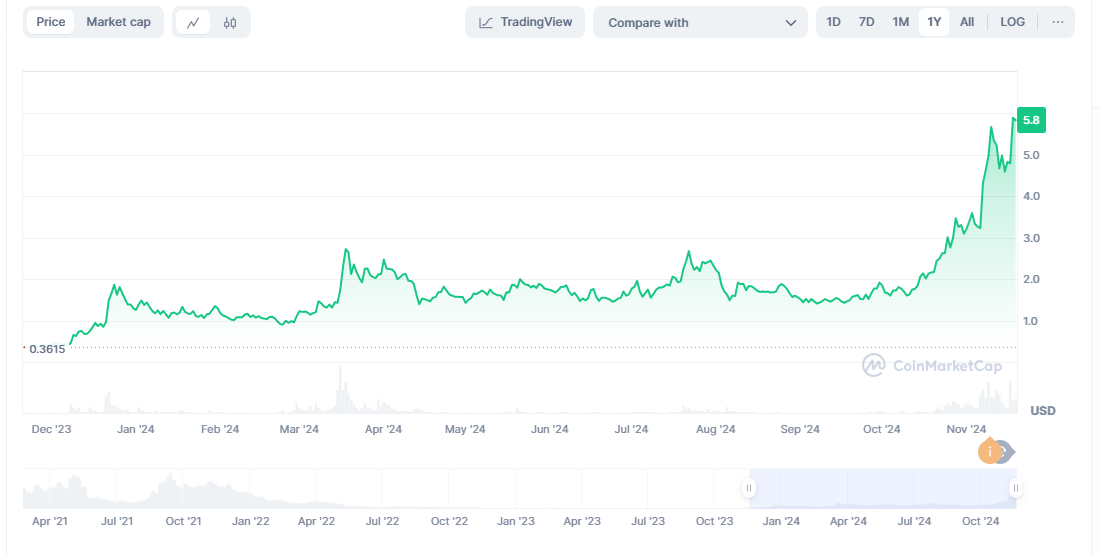
A few hours ago, hackers accessed OpenAI’s press account, posting a phishing link that falsely offered ChatGPT users “OPENAI” tokens. This marks the fourth X-related hack connected to the company and the fifth cybersecurity breach involving the American AI research firm since January 2023.
The incident came to light when X users noticed suspicious activity on the “OpenAI Newsroom” account at around 10:26 pm UTC. Screenshots show the account promoting OPENAI tokens, claiming they would “bridge the gap” between AI and blockchain and allow users to participate in future beta programs.
Benjamin De Kraker, a Grok developer, flagged the hack in an X post.
The official OpenAI Newsroom account has been hacked and is shilling fake shitcoins. pic.twitter.com/hMYsHRWzs2
— Benjamin De Kraker 🏴☠️ (@BenjaminDEKR) September 23, 2024
The reality is that $OPENAI does not exist. The post on X directed users to a phishing link that led to a website flagged for suspicious activity. A prominent “CLAIM $OPENAI” button on this counterfeit site prompted unsuspecting users to link their cryptocurrency wallets, likely intending to steal their login credentials.
OpenAI faces criticism over recurring hacks
Hackers disabled the comments on the post, a common tactic to prevent users from warning others about the attack. Neither OpenAI nor its CEO, Sam Altman, have publicly addressed the incident, though the malicious posts have been removed.
This is the fourth hack on a the firm’s affiliated X account since June 2023. Previous victims include the company’s researcher Jason Wei (hacked on September 22), Chief Scientist Jakub Pachocki (June 2024), and CTO Mira Murati (June 2023). Each attack involved the promotion of the same token.
Additionally, in early 2023, a separate hacker breached the company’s internal forum, accessing sensitive employee data and confidential communications. Although the attack didn’t compromise its core systems, the recurring breaches have drawn criticism.
Crypto scam revenues declined despite high-profile breaches
In recent years, several known X accounts of tech companies and celebrities have been targeted to advertise cryptocurrency scams. In the most infamous example, in 2020, hackers breached the media accounts of Apple, Elon Musk, and Joe Biden to share a BTC wallet address with a deceptive claim that any funds sent to that address would be doubled and returned.
Chainalysis reported that crypto scamming and hacking revenue both fell significantly in 2023, with total illicit revenue for each down 29% and 54%, respectively. Tanishq Mathew Abraham, PhD, and CEO of the Medical AI Research Center, urged OpenAI employees to implement more robust security measures, including two-factor authentication.











